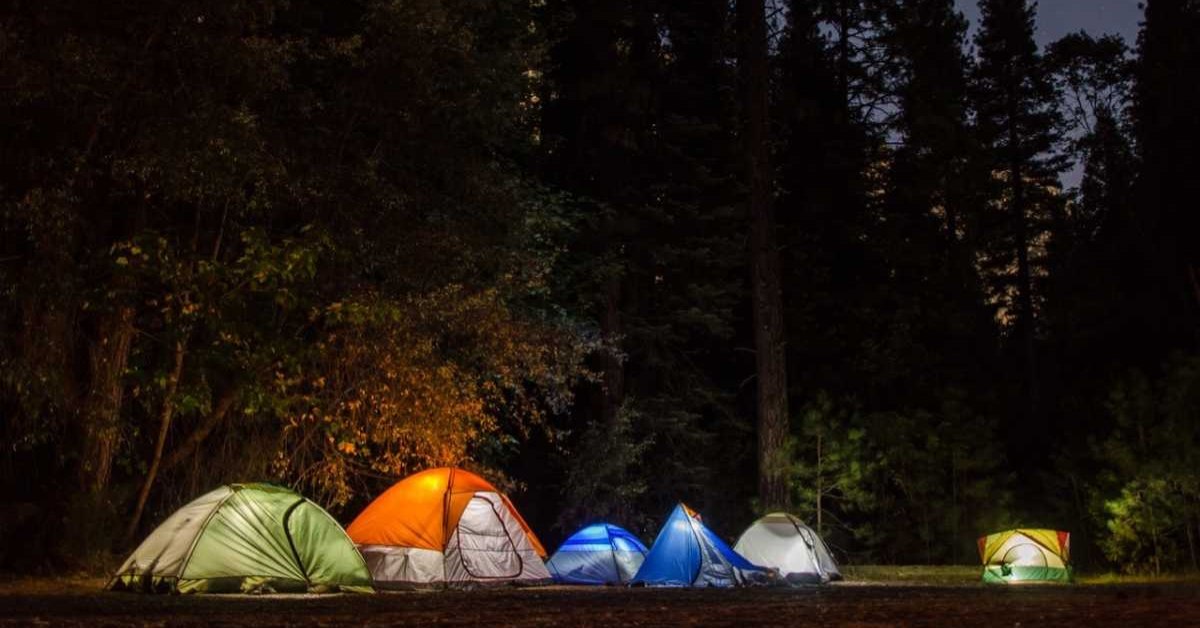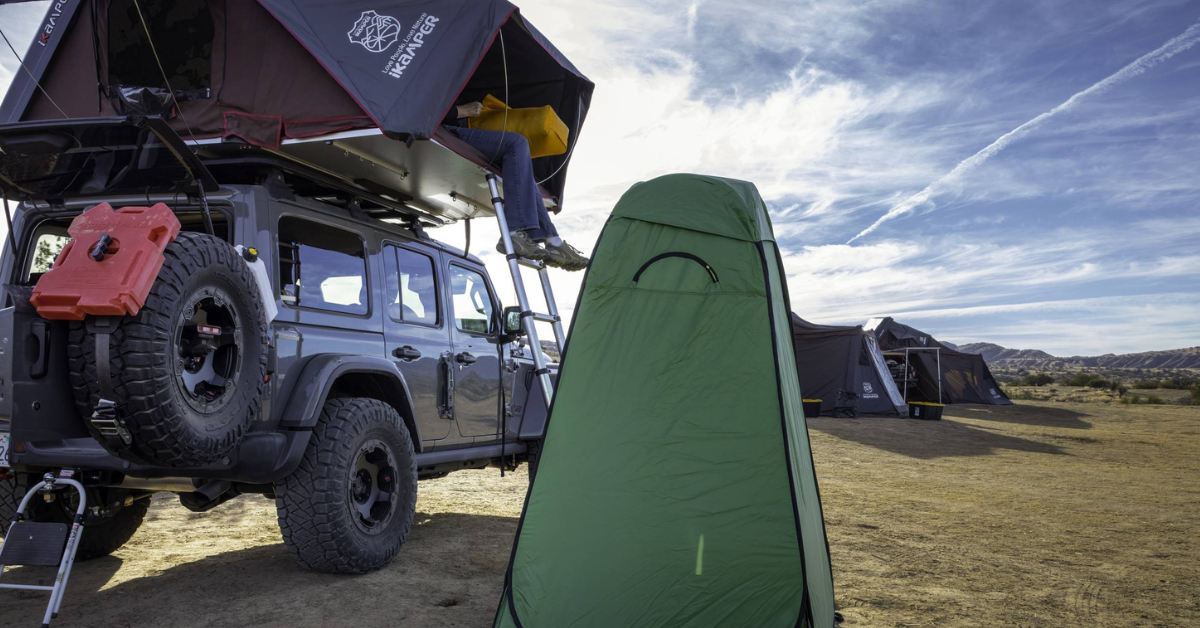🌿 Camping With Care: A Soulful Journey to Leave No Trace in India’s Wilderness 🇮🇳✨
- Admin
- Jun 4, 2025
- 3 min read
India’s wilderness is a symphony of beauty and biodiversity — from the alpine blooms of Himachal to the emerald silence of Kerala’s backwaters, from the golden hush of Rajasthan’s dunes to the enchanted woods of the Northeast. Here, every forest trail and mountain stream whispers stories older than time.
In recent years, camping has emerged as a soulful antidote to our hyperconnected lives — offering solitude, stillness, and a sense of awe. But as more nature-lovers venture into these sacred landscapes, a silent threat looms: careless footprints.
🌍 Nature does not need us, but we need nature — and it’s time we camp like we mean it.
Camping is not just a pastime; it’s a pact — with Earth, with ecosystems, and with future generations. Here’s your mindful guide to “Leave No Trace” camping in India, where every step is gentle, every action intentional.

⛺ 1. Choose Wisely: Let Your Camp Be a Guest, Not an Intrusion
Pitch your tent where it belongs — on established campsites or durable surfaces like rocky flats or dry grass. The temptation to wander off into untouched land is real, but so is the damage to fragile ecosystems.
Avoid riverbanks, alpine meadows, and forest beds that take years to recover. Don’t dig, trim, or level — let your shelter blend into the wild, not bend it.
🔥 2. Forgo the Flames: Respect the Role of Every Fallen Twig
That rustic campfire may look romantic, but its cost is hidden — in lost nutrients, displaced insects, and scorched soil.
Use a portable stove instead. It’s cleaner, safer, and leaves no mark behind. Modern stoves are lightweight, fuel-efficient, and perfect for India’s varied terrains — from humid coasts to high-altitude passes.

🚿 3. Water Wisdom: Bathe the Body, Not the River
Even biodegradable soap needs soil and sunlight to break down. Washing directly in rivers pollutes life-giving waters for fish, birds, and downstream communities.
Always carry water at least 200 metres away from any natural source before using soap. Better yet, switch to soap nuts, cloth wipes, or dry-wash options that use less water and create no run-off.
♻️ 4. Plastic is Poison: Pack In Reusables, Pack Out Responsibility
A single plastic wrapper can outlive you by centuries. Wildlife chokes on it. Soil absorbs its toxins. Sacred lands turn into dumping grounds.
Choose bamboo cutlery, steel bottles, beeswax wraps, and cloth bags. India’s traditional solutions — lotas, dabbas, gamchas — are brilliantly sustainable. Reclaim them.

🐾 5. Hide the Halwa: Don’t Tempt the Wild
Feeding wildlife changes their behavior — forever. They lose their fear of humans, become aggressive, or start relying on handouts, often with tragic results.
Use sealed containers for food. Store away from your tent — preferably hung from a tree or in a bear box if available. And yes, even the crumbs and peels matter.
🧹 6. Hunt the Micro-trash: Because the Smallest Waste Lasts the Longest
Fruit stickers, tea bag strings, gum, cigarette butts, biscuit crumbs — these little monsters escape notice but stick around for decades.
Carry a “micro-trash” pouch. Do a last-light sweep of your campsite. Nature deserves more than clean; it deserves pristine.active.

🔇 7. Silence is Sacred: Don’t Drown the Forest’s Voice
Let the owls hoot, the streams murmur, and the crickets sing. Nature is its own orchestra. Loud music, shouting, or boisterous laughter breaks this fragile harmony.
Use red-light headlamps at night to avoid disrupting nocturnal creatures. Let your senses adjust to the dark. Feel the heartbeat of the forest — it’s meditative, it’s magical.
🌄 Final Thought: “Camping is not escape — it’s return.”
Return to nature. Return to stillness. Return to humility. In India, where every tree has a tale and every hill a hymn, camping is a sacred dialogue between wanderer and wilderness.
So leave behind only your gratitude, only your footsteps — and take with you the blessing of wild wisdom.
✍️ Editorial Comment:
“The future of our wild spaces lies not in big policies, but in small, everyday choices made with love and awareness.”As India walks toward a more nature-conscious tomorrow, let us become torchbearers of mindful travel. Whether you are a seasoned hiker or a weekend wanderer, remember: Nature doesn’t need more visitors — it needs more guardians. Be that guardian.

Comments